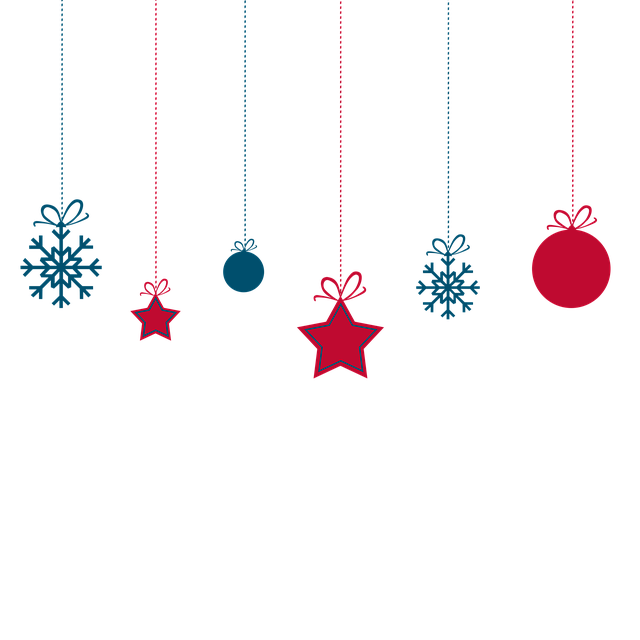Curious where winter holiday terms got their start? Grab some eggnog and read on.
At Dragonfly, we love words. And we love the holidays. So, it only made sense for us to round up word origins for several terms that make the end of the year so special. Consider it our gift to you.
Holiday
From the Old English haligdæg (meaning “holy day”), the term holiday dates to around 1500, following the earlier spelling haliday, which emerged around 1200.
Yuletide
Our terms yule and yuletide draw from several Old English roots, including the term giuli, the Anglo-Saxon name for a two-month midwinter season that ran from December through January.
Christmas
This one’s easy: the term comes from Old English words meaning, literally, “Christ + Mass.” But can you guess when the phrase “Christmas card” originated? The tradition of sending cards at Christmas began in the Victorian era, with the term settling into common usage by the 1860s.
Hanukkah
Hanukkah — sometimes spelled Chanukah — comes from the Hebrew hănukkāh, which translates to “a dedication.” The eight-day festival commemorates the rededication of the Jewish Temple in Jerusalem in the second century BCE.
Dreidel
The name of the colorful spinning tops that are a key symbol of Hanukkah comes from the Yiddish word dreydl, sometimes spelled dreydel. This earlier Yiddish phrase likely represents a blending of the word trendl (another name for the spinning toy) and the Middle High German dræjen, later dreyen, meaning “to turn.” The letters inscribed on modern dreidels represent the first letters in the Hebrew phrase “A Great Miracle Happened There.”
Carol
The term carol — meaning a song, usually of holiday origin — may derive from the Old French term carole, which described a dance in the round accompanied by singers. Its origin, though, could also stem from the Medieval Latin term choraula, a type of choral song or dance accompanied by a flute player. Around 1500, the term started describing Christmas hymns.
Kwanzaa
The term Kwanzaa stems from the phrase “matunda ya kwanza,” meaning “first fruits” in Swahili. Maulana Karenga, a professor of Black Studies at California State University, Long Beach, is credited with creating the holiday — and its focus on seven key principles — in 1966.
Santa Claus
Though he goes by several monikers around the world — including Father Christmas, Saint Nicholas, Pere Noel, and Kris Kringle — the red-coated patron of the holidays is known by most American children as Santa Claus, a name that can be traced to the Dutch term Sante Klaas. The phrase is a derivative of the Middle Dutch Sinter Niklaas, literally “Saint Nicholas,” which referred to the bishop of Asia Minor famous for his generosity.
Reindeer
Dating to at least 1400, our modern term reindeer — previously spelled raindere, reynder or rayne-dere — derives from the Old Norse hriendyri, their name for the deer that inhabited arctic regions of Europe.
Want even more holiday word roots? Explore online etymology tools and blogs at:


